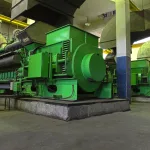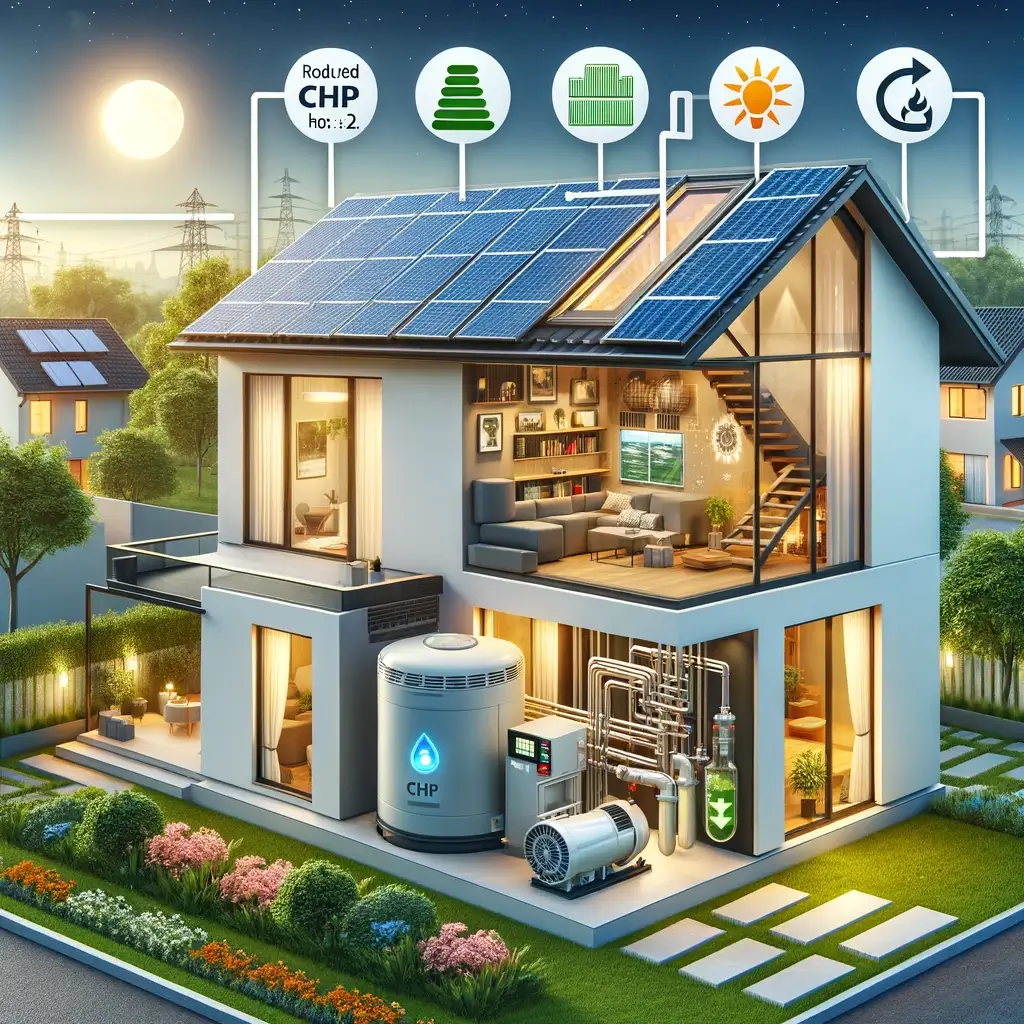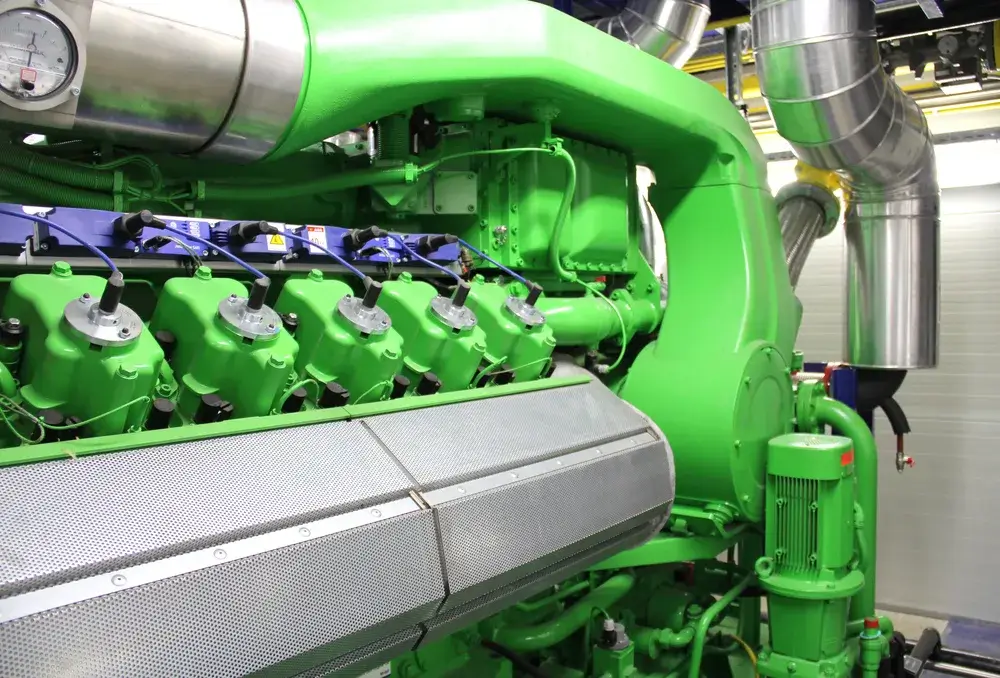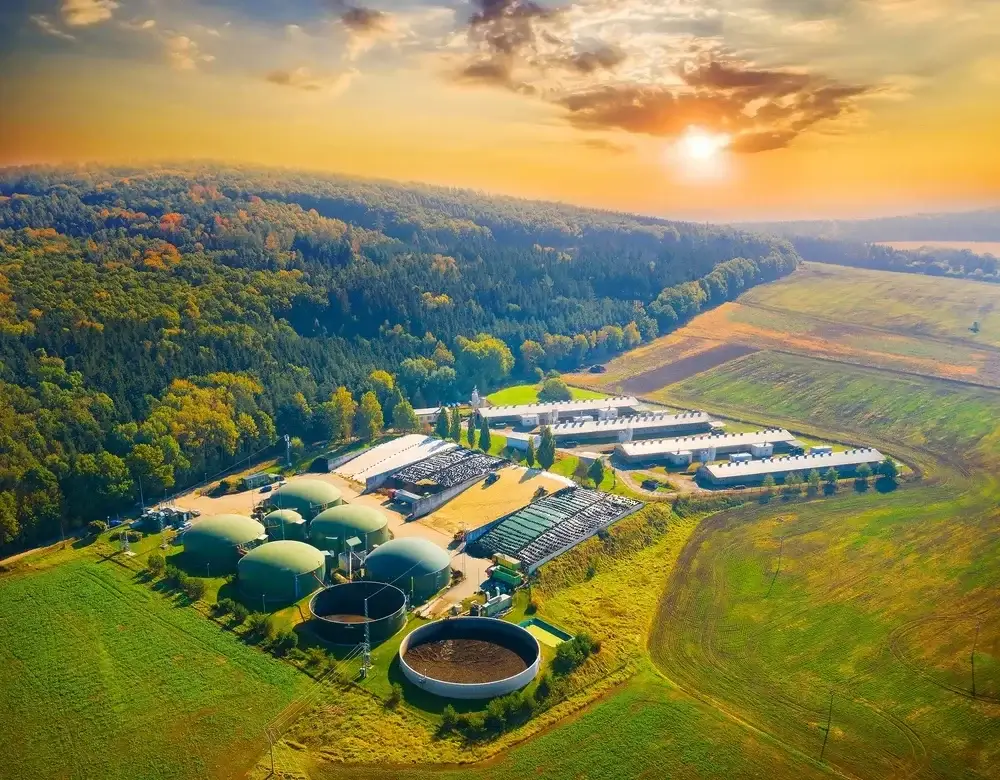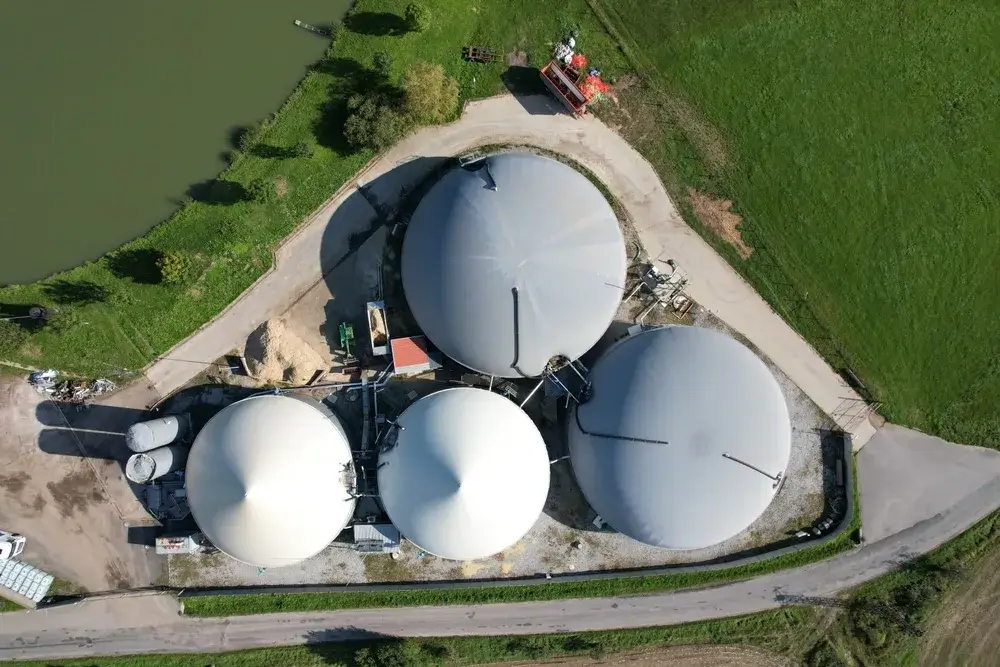8 benefits of combined heat and power
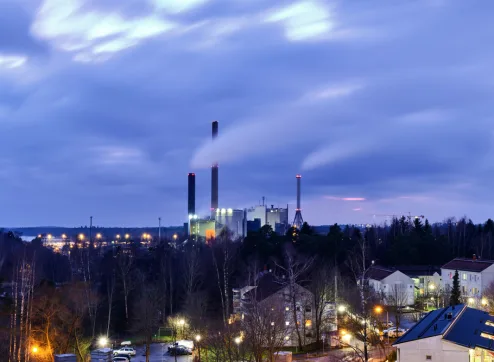
Combined heat and power (CHP), also known as cogeneration, is an efficient energy generation technology that is gaining significance not only in Germany but also worldwide. This method of energy production offers a multitude of benefits that not only contribute to environmental preservation but also have economic and social implications. Together with a gas engine it is therefore a very good solution for both small and medium-sized applications, industrial areas and residential neighborhoods.
In this article, we will thoroughly examine the advantages of combined heat and power generation.
1. Sustainable energy generation
Combined heat and power (CHP) enables sustainable energy production by efficiently utilizing renewable energy sources such as biomass, biogas, or natural gas, thereby reducing dependence on fossil fuels. This environmentally friendly approach leads to a reduction in greenhouse gas emissions and promotes sustainability in energy generation.
2. High energy efficiency
Combined heat and power (CHP) is distinguished by its impressive energy efficiency. Unlike conventional power plants, where a significant portion of the generated energy is lost as waste heat, CHP utilizes this waste heat to heat buildings or support processes.
As a result, overall efficiency is significantly increased, leading to resource savings, reduced environmental impact, and lower energy costs for end users. This efficiency can be further enhanced through the use of special spare parts, upgrades, or software.
3. Cost reduction
Furthermore, CHP offers the clear advantage of reducing energy costs. By simultaneously generating electricity and heat in CHP plants, end consumers can achieve substantial savings. This is particularly beneficial in industrial areas and residential communities, as energy costs comprise a significant portion of operational expenses.
CHP not only decreases reliance on costly electricity supplies but also optimally utilizes the generated waste heat, resulting in a more cost-efficient overall energy supply.
4. Reduction of environmental impact
The efficient power generation technology reduces harmful emissions and the carbon footprint significantly. By utilizing sustainable energy sources such as biomass or natural gas, CHP reduces the environmental impact.

The reduction of greenhouse gases and air pollutants is a vital step in combating climate change and contributes to enhancing air quality.
5. Enhanced security of energy supply
CHP plants can be used as backup systems to maintain power supply in emergencies. This means that even during power outages or unexpected interruptions, the heat and power supply can be ensured.
This is especially important for critical infrastructures, hospitals, and other facilities that require a dependable energy supply.
6. Enhanced Independence
By generating electricity and heat in a decentralized manner on-site, regions become less reliant on external energy sources. This enhances energy supply security and reduces the risk of shortages.
Especially during times of geopolitical uncertainties and fluctuations in the energy markets, CHP provides the opportunity to effectively utilize local energy sources and promote regional energy independence.
7. Promotion of decentralization
The ability to deploy CHP plants at various scales, ranging from large industrial facilities to smaller decentralized units, enables a more widespread distribution of energy production. This contributes to the strengthening of local energy infrastructure and enhances the resilience of the energy system against disruptions.
Decentralized CHP systems are flexible and can be tailored to meet local needs, thereby enhancing the efficiency and reliability of the energy supply. With the assistance of PowerUP services, these systems can be remotely monitored and inspected, particularly in remote areas, leading to an extended lifespan.
8. Integration of renewable energies
The integration of renewable energies is a crucial step in the energy transition, and cogeneration can play a vital role in this process. CHP systems can effectively be combined with renewable energy sources like solar energy and wind power. This enables a consistent energy supply as CHP can compensate for the fluctuations in the availability of renewable energies.
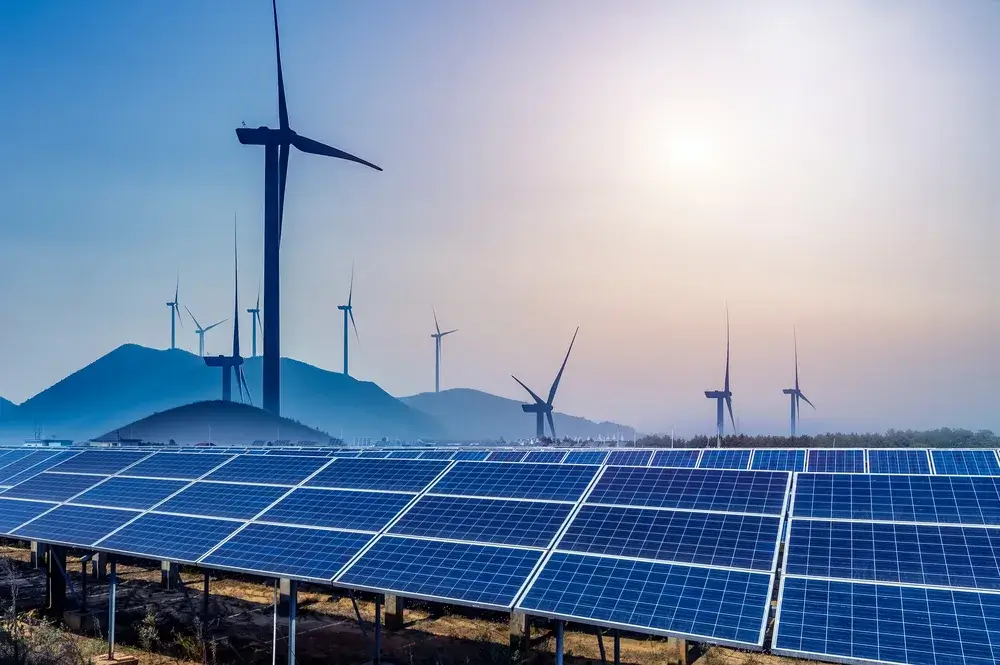
This integration contributes to further reducing dependency on fossil fuels and increasing the share of clean energy sources in the energy system.
Optimize the efficiency of CHPs with PowerUP
To operate a CHP system, a gas engine is required and PowerUP can be your go-to partner for parts and servcice for different gas engine brands. With PowerUP’s services like gas engine upgrades or repairs, condition based overhaul or even if you want to rent a gas engine, you can enjoy higher efficiency, extended lifespan, and reduced downtime, among other advantages.



